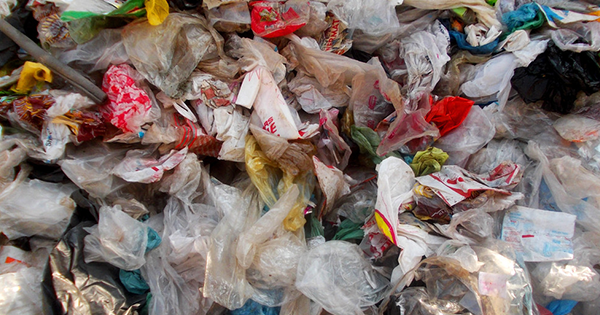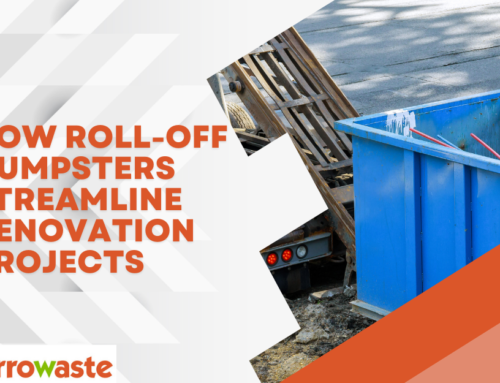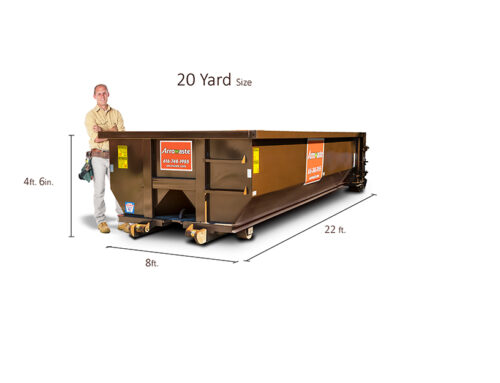The average household produces 4.5 pounds of waste every day. This is approximately 1.6 tons of waste a year. Most of this waste ends up in landfills causing pollution and sometimes health problems. An effective way of reducing household waste is to recycle. Most countries have taken this matter to heart and initiated recycling programs to encourage households and companies alike to recycle waste. In America, for example, 87% of Americans can access curbside or drop-off paper recycling programs. However, recycling is not just about renting a dumpster to collect trash for recycling; homeowners must be proactive. This means sorting the trash and setting up a disposal system. The process can be somewhat tedious, so we’ve prepared a guide to help you.
Sort Out Compost Waste
Since organic waste is biodegradable, it would help if you disposed of it in a separate bin. Encourage your family to separate food waste and store it in a green composting bin. The routine makes it easy to dispose of green bin contents into an organic waste bin for removal. The first step is to collect food waste and any kitchen scraps into a container. Then, once it’s full, empty it into a green bin, wash it, and place it back in the kitchen. Be sure to bring it out to the street for garbage pickup. Alternatively, if you have a kitchen garden, you can use the waste to make compost manure.
Sorting Out Glass Waste
Glass recycling is one of the most eco-friendly processes in waste management. The products hardly lose quality and the original properties of the glass material. Also, the machines used to recycle glass waste melt the material at a lower temperature than it would use during the initial production.
However, not all glass waste can be recycled. Tableware, bulbs, window glass, and mirrors are not allowed in green bins during commercial garbage pickup grand rapids. Glass waste suitable for recycling include food jars, glass bottles, and glass cosmetics containers. Be sure to rinse out the glass containers and remove the lids before throwing them in the bin for recycling. It would also help if you reviewed the local government’s website to ensure you’re complying with their recycling policies.
Sorting Plastics
Plastic waste takes up most of the space in many landfills. While it constitutes 7% of the total waste, its volume takes up as much as 30% of landfill space comprising old items, unwanted toys, and plastic packaging. Recycled plastic waste is reprocessed into granulate for re-use. Knowing the type of plastic waste in your household is critical to sorting it out before renting a dumpster. There are seven types of plastic waste:
- Plastic 1: This kind is made from polyethylene terephthalate. It has a clear construction and used to make juice bottles and containers. Most recycling programs accept this type of plastic waste
- Plastic 2: This type is made from high-density polyethylene and has a low toxicity level. It used to package milk jugs and is widely accepted in recycling programs
- Plastic 3: This kind is used to make food wraps, inflatable mattresses, plumbing pipes, and isn’t accepted by recycling programs
- Plastic 4: It’s used to make shopping bags and bread wrappers
- Plastic 5: This kind is used to make microwave-safe containers, food containers, and plastic cooking utensils. Most recycling programs accept this type of plastic
- Plastic 6: The plastic makes fragile products and is only accepted in specific recycling programs, not curbside pickup
- Plastic 7: The category comprises all other types of plastic material. Computer parts, sports, equipment, and other plastics feature a mixture in this category. This plastic waste can’t be recycled as it releases toxic films when heated
Sorting Paper Waste
Paper waste is the most recycled kind. Paper recycling reduces tons of paper waste in landfills. Before renting a dumpster to collect the waste, sort it out. Newspapers, books, unsoiled cardboard packaging, office paper like leaflets, and printed paper can be recycled. However, you must avoid tossing shopping receipts, paper towels, used tissues, and cardboard packaging into the recycle bin.
Knowing how to sort out the waste for recycling is critical before renting a dumpster. It also makes it easy for the recycling company to embark on the process.



